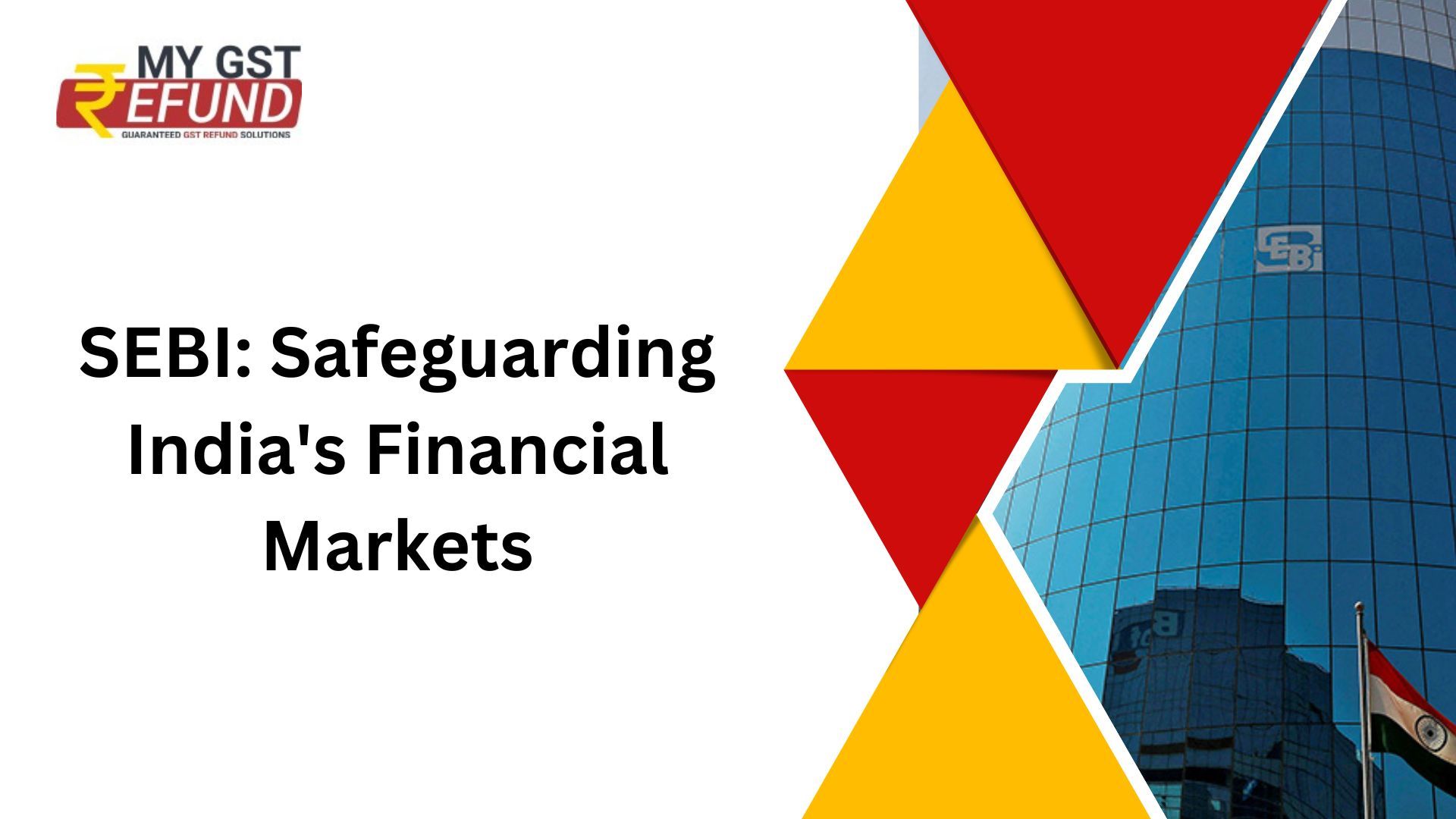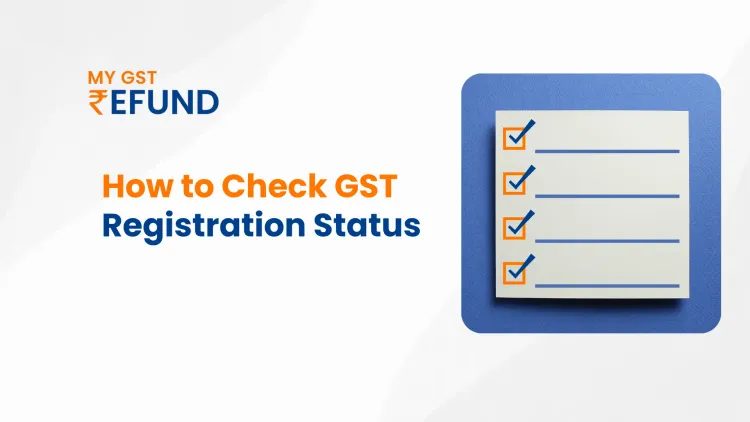SEBI: Safeguarding India's Financial Markets
Published on: Thu Nov 02 2023
SEBI, the Securities and Exchange Board of India, is the statutory regulatory body tasked with overseeing the Indian securities and financial market. Established on April 12, 1992, it operates under the SEBI Act, 1992, and works towards creating a fair and efficient market. Its primary aim is to protect the interests of investors and regulate the securities market in India.
Regulatory Authority and Powers of SEBI
The Securities and Exchange Board of India (SEBI) is the principal regulatory authority overseeing India's securities and financial markets. Its authority and powers are granted by the SEBI Act, 1992, which empowers SEBI to perform various functions and exercise significant regulatory authority. Some of the SEBI's regulatory authority and powers are:
Creating Regulations: SEBI has the power to make regulations to govern securities markets in India. These regulations cover a wide range of areas, including listing requirements, disclosure norms, investor protection, and market conduct. SEBI continually reviews and updates these regulations to ensure the fair and efficient functioning of the markets.
Registration and Regulation: SEBI has the authority to register and regulate various market participants, including stock exchanges, brokers, merchant bankers, mutual funds, portfolio managers, and investment advisors. It sets the eligibility criteria and compliance requirements for these entities to ensure ethical conduct.
Market Oversight: SEBI exercises extensive control over the operations of stock exchanges and other market infrastructure. It monitors their activities, approves their bylaws, and can even supersede their governing boards in certain situations to protect investor interests and maintain market integrity.
Investigation and Inspection: SEBI has the power to investigate market infractions and irregularities. It can carry out inspections, audits, and inquiries into the books and records of market participants to ensure compliance with securities laws and regulations.
Penalties and Enforcement: SEBI is authorized to impose penalties and take enforcement actions against those found in violation of securities laws and regulations. These penalties can include fines, suspension, debarment, or any other action deemed necessary to uphold market integrity and protect investor interests.
Market Surveillance: SEBI utilizes advanced technology and market surveillance systems to monitor trading activities and detect market manipulation, insider trading, and other illicit activities. The board can take swift action in response to any suspicious or unlawful market behavior.
Functions and Responsibilities
The board executes various functions to maintain the integrity of the securities market. This includes protecting the rights of investors, regulating the securities market, ensuring fair practices, registering and regulating the market intermediaries, and conducting research for market development.
Market Intermediaries and Their Regulation by SEBI
Market intermediaries play a crucial role in the functioning of India's securities markets, facilitating the interaction between investors and the market itself. To ensure their ethical conduct, compliance with regulations and the protection of investors, the Securities and Exchange Board of India (SEBI) regulates a wide range of market intermediaries. Here's an overview of these intermediaries and how SEBI regulates them:
Stockbrokers:
Stockbrokers are intermediaries who execute buy and sell orders for securities on behalf of investors.
SEBI regulates stockbrokers by mandating their registration and imposing compliance requirements. Brokers are required to maintain minimum net worth and follow the code of conduct set by SEBI.
Portfolio Managers:
Portfolio managers provide personalized investment management services to clients.
SEBI regulates portfolio managers by requiring them to register and adhere to strict compliance standards. They must also provide periodic reports to clients about the status of their investments.
Depository Participants (DPs):
DPs facilitate the holding of securities in electronic form through dematerialization.
SEBI regulates DPs by imposing registration requirements and ensuring they follow prescribed norms for maintaining electronic records and handling securities transactions.
Credit Rating Agencies (CRAs):
CRAs assess the creditworthiness of issuers and their securities.
SEBI regulates CRAs by mandating registration and enforcing guidelines to ensure accurate and unbiased credit ratings.
·
Investor Protection Initiatives
SEBI undertakes various initiatives to safeguard the interests of investors. It conducts investor awareness programs, provides education on investment opportunities and risks, resolve investor grievances through designated channels, and regulates collective investment schemes to protect small investors.
Market Development and Regulations
SEBI plays a pivotal role in the development of securities markets. It oversees the functioning of stock exchanges, regulate the primary market activities such as IPOs and FPOs, introduces new financial instruments, and develop market infrastructure and institutions to ensure smooth market functioning.
Collaborations with Global Regulatory Bodies:
SEBI collaborates with several international regulatory bodies to facilitate information exchange, share best practices, and ensure coordinated efforts in regulating securities markets. Some key collaborations and initiatives include:
IOSCO (International Organization of Securities Commissions): SEBI is a member of IOSCO, a global organization of securities regulators. As a member, SEBI actively participates in IOSCO's initiatives and working groups, contributing to the development of international standards and guidelines for securities regulation.
Bilateral Agreements: SEBI has entered into bilateral agreements with various regulatory authorities in other countries, promoting cooperation and mutual assistance in regulatory matters. These agreements often involve information sharing and assistance in enforcing regulatory actions across borders.
MOUs (Memoranda of Understanding): SEBI has signed MOUs with numerous foreign regulatory authorities to enhance cooperation in areas such as market surveillance, investor protection, and cross-border securities regulation. These MOUs help streamline the exchange of information and facilitate investigations into cross-border market misconduct.
Cross-Border Securities Regulations:
SEBI is mindful of the global nature of financial markets, and it has made efforts to align its regulations with international standards. This alignment is crucial for cross-border securities transactions and for ensuring that Indian securities remain attractive to global investors.
Are you Looking for GST Refund Service? Mygstrefund.com offers GST refunds on exports, business, and many more if your GST application is rejected. Get in touch with us today.
Related Posts





